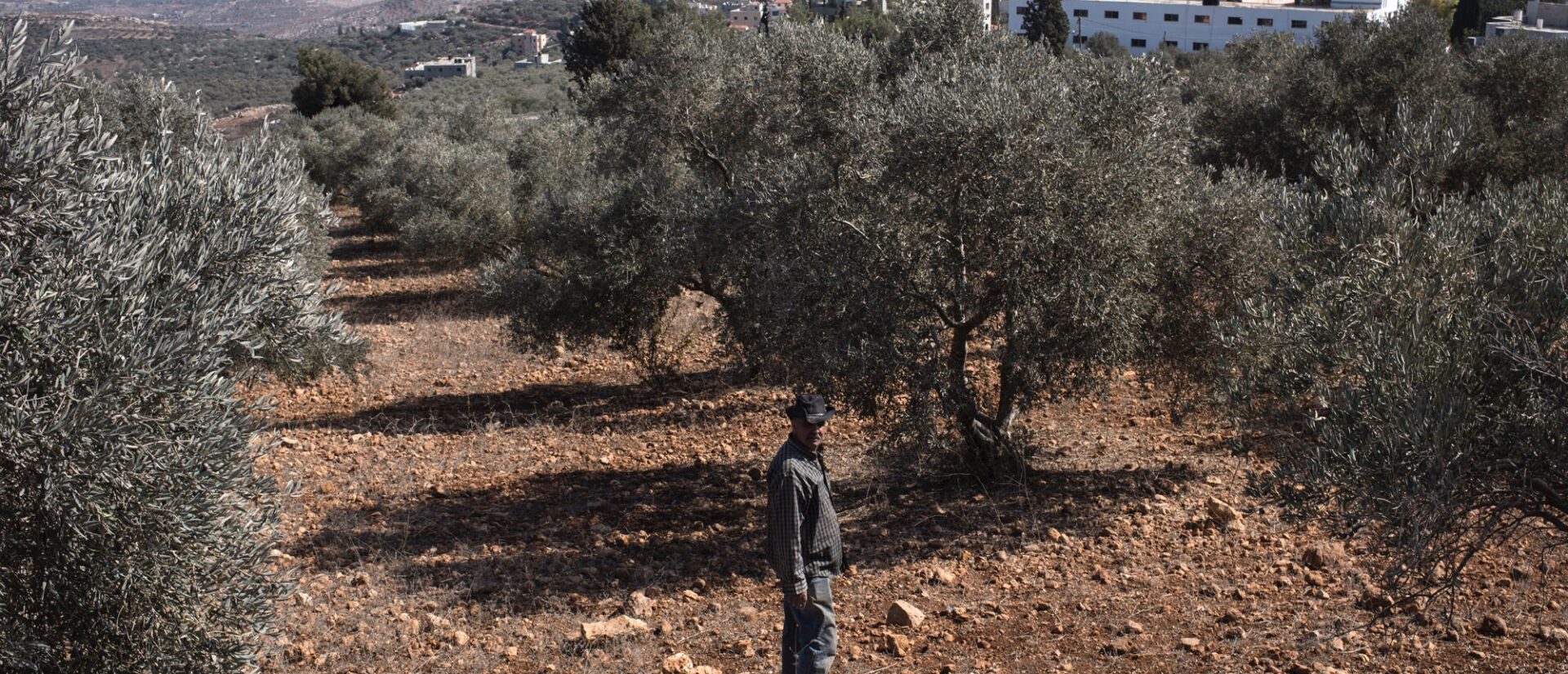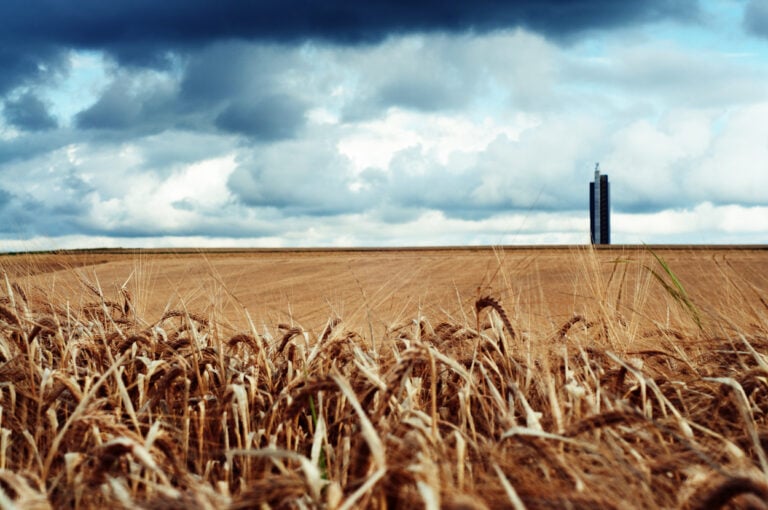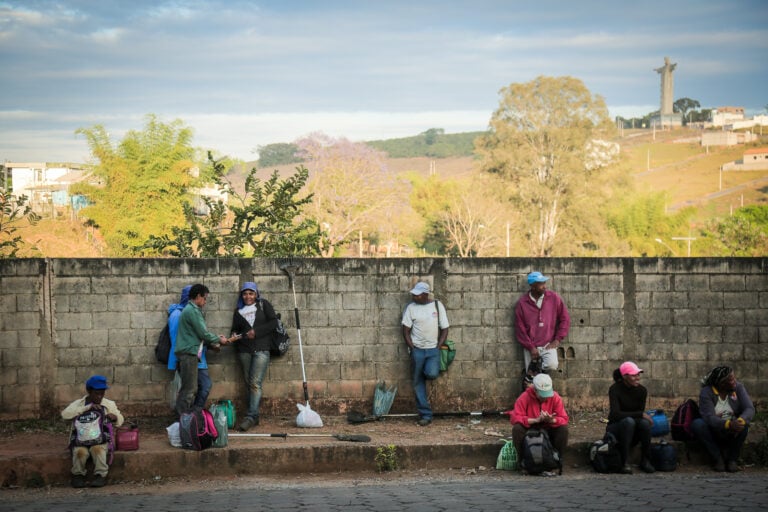
Are fruit and vegetables from the illegally occupied Palestinian territory sold in Dutch supermarkets?
Today, SOMO published “What do we know – and not know – about the products sold in the Netherlands’ biggest supermarkets”, an article in a series on Dutch imports of fruit and vegetables from illegal Israeli settlements. But when trying to determine the sources of fruit and vegetables from these settlements, SOMO hit a brick wall.
What do we (not) know about the products sold by the largest Dutch supermarkets?
SOMO queried the five largest Dutch supermarket chains, Statistics Netherlands (Centraal Bureau voor de Statistiek), the Dutch Customs Administration and the Netherlands Food and Consumer Product Safety Authority (NVWA), but was unable to obtain a satisfactory answer to the question of whether fruits and vegetables from territories that are illegally occupied by Israel are sold in the Netherlands and if so, on what scale.
SOMO researcher Lydia de Leeuw: “If it’s this difficult for us to determine the sources of fruit and vegetables from the occupied territories, then it’s surely impossible for consumers to find out.”
Fruit and vegetables from the occupied territory in Dutch supermarkets
The Netherlands is the second-largest European importer of fruits and vegetables from Israel, after France. A portion of these imports, however, is sourced from Israeli settlements in the Israeli-occupied Palestinian territory. These settlements are illegal and have disastrous impacts on the local, Palestinian people and economy. Human rights and international humanitarian law are violated. Nevertheless, products from these settlements are exported to Europe.
Mandatory labelling
The EU orders that products sourced from Israeli settlements are specifically labelled as such on the packaging or on the shelf. But that specific labelling is never seen in Dutch supermarkets.
SOMO approached Albert Heijn, Aldi, Jumbo, Lidl and PLUS: the five largest supermarket chains in the Netherlands. All five reported that they “of course comply with EU directives on product labelling”. All five companies stated that they do not sell products from the settlements. However, none of the supermarkets could answer SOMO’s questions on how that could be verified. The NVWA stated that in November 2017 they issued a written warning to a company selling wine “from an area that could not be designated as Israel on the label.” However, the NVWA was not willing to provide any information on the company or area of origin.
De Leeuw: “Products from illegal settlements are grown on stolen agricultural lands with stolen water sources, and are thus the result of war crimes such as land grabbing and forced displacement of Palestinian citizens. When the import of these goods is permitted, companies, consumers and governments in Europe become connected to violations of human rights and humanitarian law on warfare. Why does this not translate into an import ban? Or at the very least, strict enforcement of mandatory labelling?”
Do you need more information?
-

Lydia de Leeuw
Researcher
Related news
-

-
Hungry for profits Published on:
 Vincent KiezebrinkPosted in category:Publication
Vincent KiezebrinkPosted in category:Publication Vincent Kiezebrink
Vincent Kiezebrink
-
 Modern slavery is still lurking in your coffee cupPosted in category:News
Modern slavery is still lurking in your coffee cupPosted in category:News Joseph Wilde-RamsingPublished on:
Joseph Wilde-RamsingPublished on:


